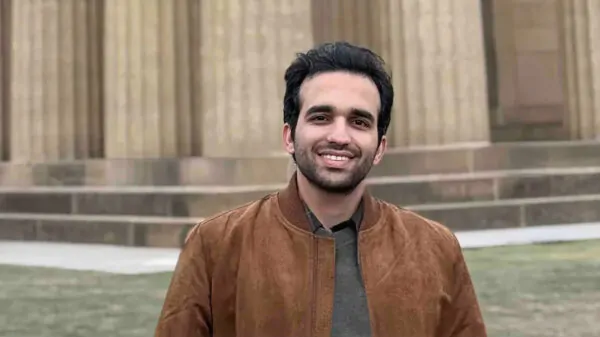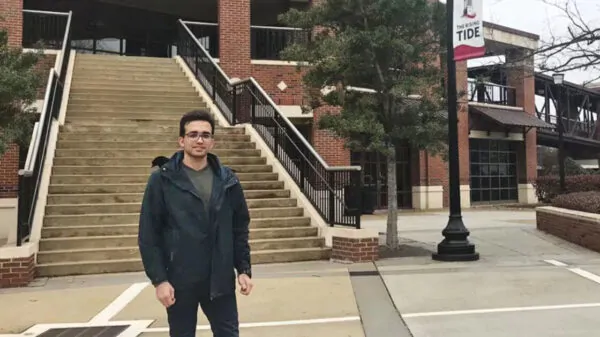|
Getting your Trinity Audio player ready...
|
The University of Alabama Capstone College of Nursing is addressing the need to grow and diversify Alabama’s nursing education workforce with the support of more than $3.5 million in funding from the U.S. Department of Labor.
Dr. Susan Welch, associate professor with the Capstone College of Nursing, secured the funding from the department’s Employment and Training Administration’s Nursing Expansion Grant Program that supports innovative partnerships and strategies that expand and diversify America’s pipeline of qualified nursing professionals. Specifically, these grants will increase the number of nursing instructors and educators.
The American Association of Colleges of Nursing reports that only 17.3 percent of full-time nurse educators in the U.S. are from minority backgrounds. Additionally, one-third of the current nurse educator workforce is projected to retire by 2025.
Welch’s project, BAMA DIstance, aims to increase and diversify the number of nurse educators in Alabama through sustained partnerships between CCN, historically Black colleges and universities, and academic institutions with nursing student populations from underrepresented groups.
The project will recruit Bachelor of Science in Nursing-prepared nurses in Alabama to earn a Master of Science in Nursing degree with a nursing education specialty. Throughout the course of their studies, the program will support participants’ transition from clinical experts to clinical nurse educators.
“The National Academies of Medicine’s ‘Future of Nursing’ calls on nursing schools to address the nurse educator shortage from diverse populations to advance health equity,” said Welch. “BAMA DIstance aims to prepare a diverse population of registered nurses to enter the nursing education workforce, both addressing the nurse educator shortage and transforming the landscape of health care in our state.”
The U.S. Department of Labor Employment and Training Administration will award funding through the Nursing Expansion Grant Program to 25 public-private partnerships in 17 states.



















































